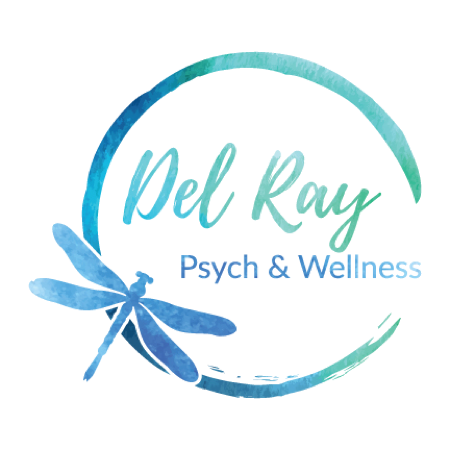A Guide to Ketamine Assisted Psychotherapy - Is it Right for Me?
What is Ketamine Assisted Psychotherapy?
Ketamine-assisted psychotherapy (KAP) is an innovative therapeutic approach that combines the use of the medication ketamine with traditional psychotherapy techniques in a safe and supportive setting.
What is Ketamine?
Ketamine is a dissociative anesthetic that has been used for decades in medical settings for adults and children for pain relief and anesthesia. It is known to be the most widely used anesthetic in the world. In the last decade, Ketamine has gained recognition for its rapid effectiveness in treating depression and post-traumatic stress disorder (PTSD). Unlike traditional antidepressants, ketamine works within 10 minutes after the first dose. Its unique capacity to induce altered states of consciousness plays a role in its therapeutic effects by allowing patients to gain new perspectives in their lives.
Is Ketamine Safe?
Ketamine's safety extends beyond its physical effects. It is also considered psychologically safe due to its unique properties in expanding consciousness and facilitating introspection.
Physiological Safety: Ketamine is one of the safest anesthetics available today, preserving airway reflexes. Unlike some anesthetics that suppress breathing, ketamine allows patients to breathe on their own during the treatment, without the need for mechanical ventilation or intubation. This unique feature reduces the risks associated with general anesthesia.
Psychological Safety: Ketamine's psychological safety lies in its ability to expand consciousness and alter perceptions. In therapeutic settings, this quality can be harnessed to facilitate meaningful introspection and exploration of one's thoughts, emotions, and experiences. Patients often describe ketamine-induced states as relaxed, open, and conducive to deep self-reflection. This psychological safety can empower individuals to discuss and process difficult aspects of their lives more comfortably than they might without ketamine.
How is Ketamine Administered?
Ketamine can be administered through different routes:
Oral: Used in ketamine-assisted psychotherapy, with only 25% reaching systemic circulation.
IV (Intravenous): Commonly used for treatment resistant depression, with decades of research supporting its efficacy.
IM (Intramuscular): Similar to a vaccine injection.
IN (Intranasal): Non-invasive and roughly 45% bioavailable, offering an alternative to IV.
What does Ketamine feel like and how long does it last?
Ketamine's effects vary with dosage:
Low Dose: Offers relaxation and openness, facilitating communication.
Moderate Dose: Induces psychedelic experiences, visual patterns, and altered perspectives.
Higher Dose: Can lead to out-of-body experiences and metaphysical sensations.
The effects typically last about an hour, with mild residual effects. Its official half-life in adults is approximately 2.5 hours.
How Does Ketamine-Assisted Psychotherapy Work?
Ketamine Assisted Psychotherapy: This unique approach begins with your therapist helping you set your intentions and rituals that guide you towards a relaxing and mind-opening therapy session. Del Ray Psych therapists are experienced in creating a safe and supportive environment where you can explore your inner world during the ketamine experience. The therapy session involves music that can enhance your journey. Consult with your therapist at Del Ray Psych and Wellness to explore this option. Each session lasts roughly around 3 hours.
How many KAP Sessions do I need?
Ketamine therapy often involves multiple sessions, typically ranging from 6 to 8 sessions, to achieve the best therapeutic outcomes. Patience and commitment are key to realizing the full potential of this treatment.
Choosing ketamine therapy is a personal decision. It's crucial to work with clinically trained experts who can guide you through the treatment and help you process your experiences and traumas. For personalized guidance and to explore whether KAP is suitable for your needs, call and consult with one of our therapists. The combination of physiological safety and the potential for psychological growth makes Ketamine Assisted Psychotherapy an intriguing option for individuals seeking transformative healing experiences.

